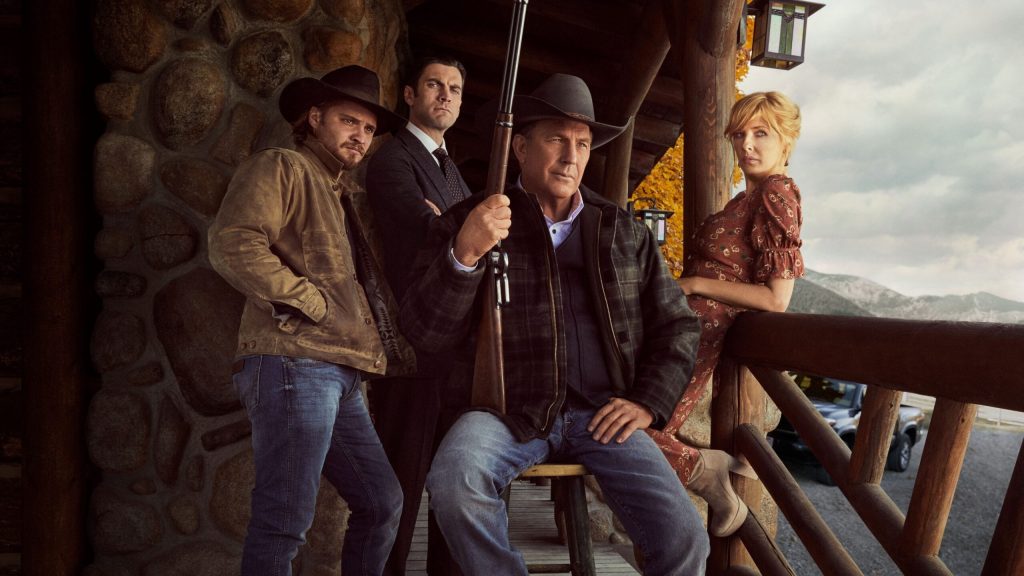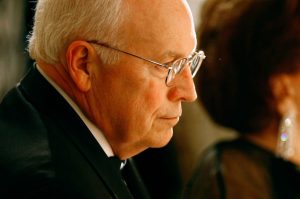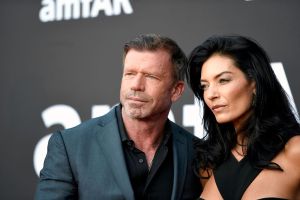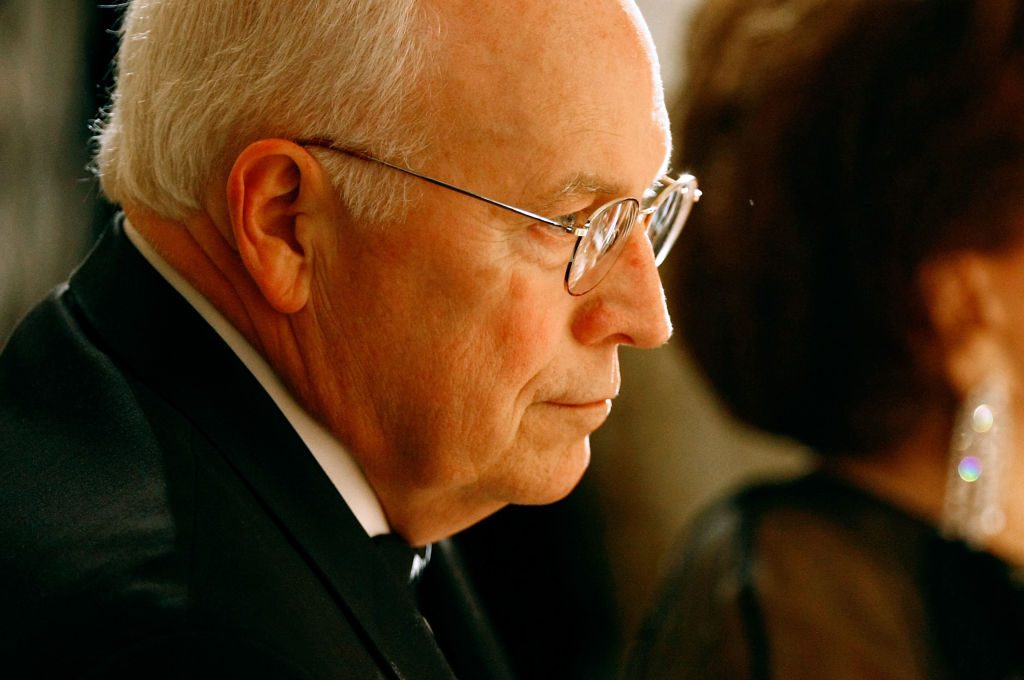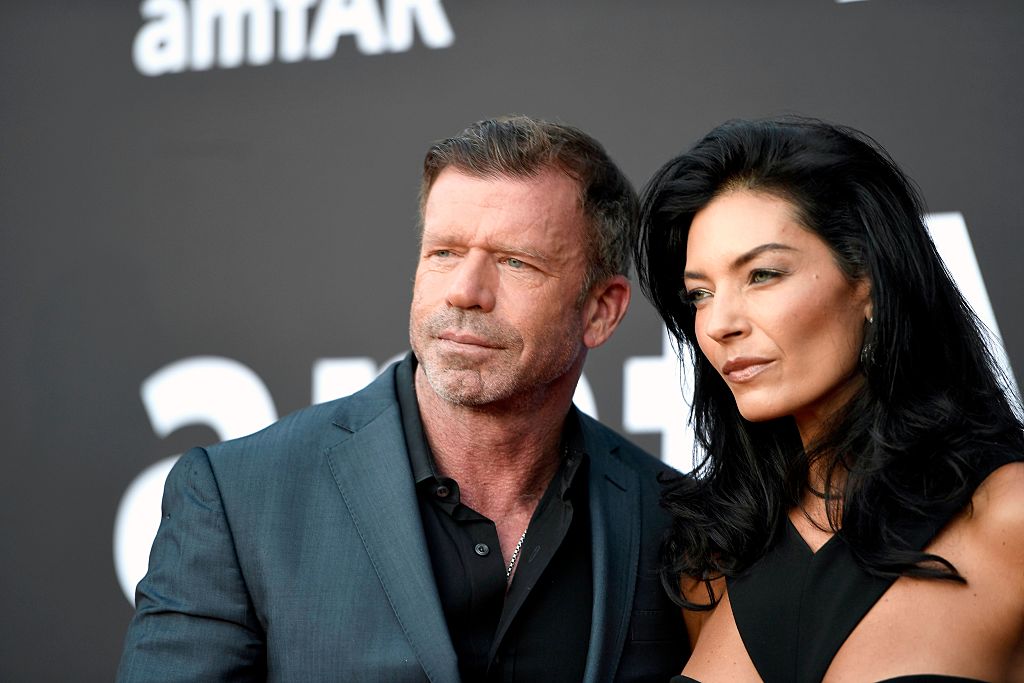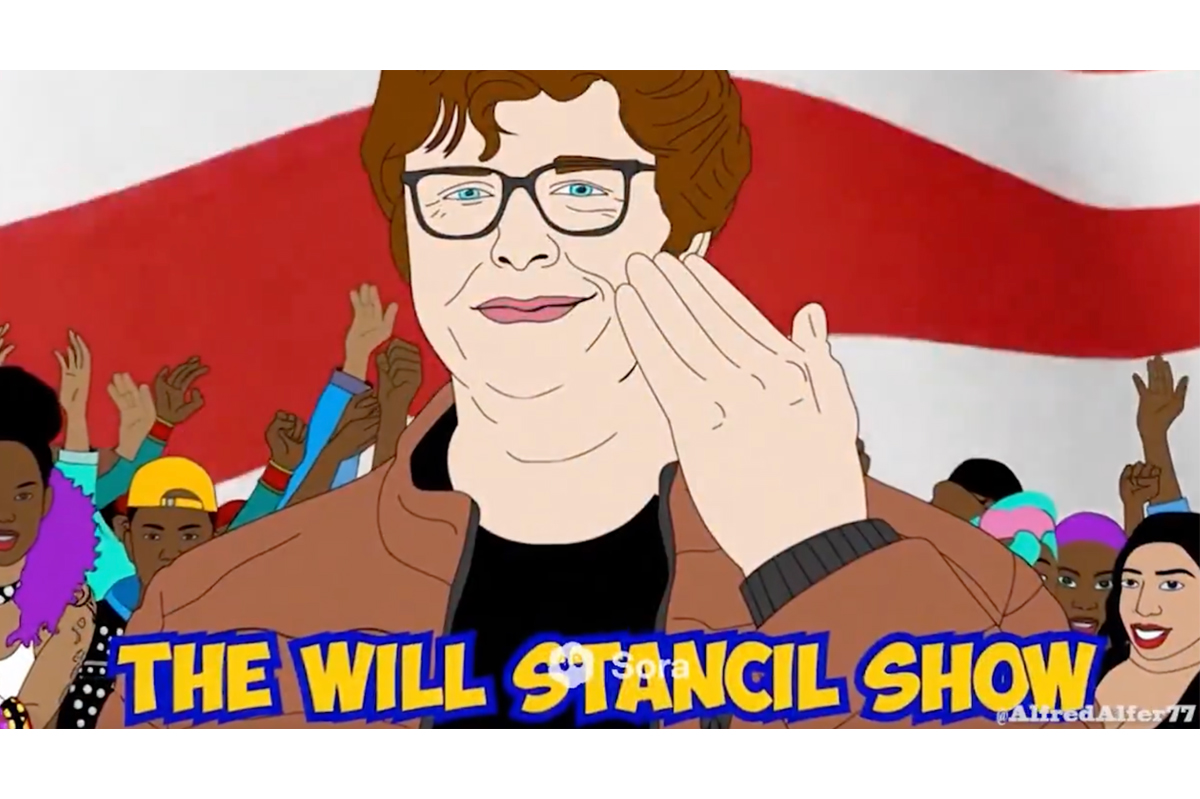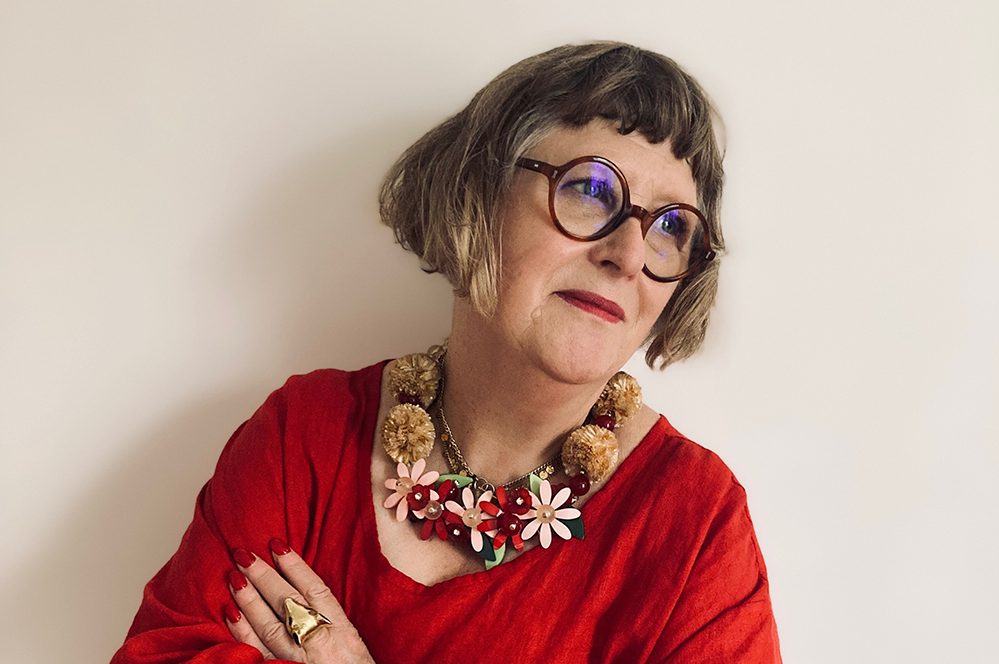A neo-Western drama set on a vast ranch in Montana run through with trashy romance plot lines and violent disputes about land and legacy — “who owns the West?” — has made Yellowstone the most-watched TV series in America. The season four finale drew over 11 million viewers.
And yet, while millions of Americans are lapping up the epic sprawl of violence, lust, family and wilderness, many — particularly the coastal intelligentsia — don’t watch it.
One vocal exception is Joyce Carol Oates, the Pulitzer-nominated author of fifty-nine novels and one of the great chroniclers of the last American century.
Oates has been tweeting throughout her viewing journey, broadcasting her thoughts about Yellowstone‘s “complex vision of Western America” and its “focus on mortality, aging, accidents, illness…unique in popular entertainment.”
For all you Yellowstone fans out there, or would-be fans, here are the author’s responses to my questions about America’s most-watched TV series.
ZS: What are your thoughts on the “trashy” romance qualities of Rip and Beth?
JCO: Now that you say “trashy,” I suppose that is an appropriate adjective; but perhaps it would apply to other elements in this popular, populist TV series. It is difficult to isolate any of the subplots of Yellowstone from the others but obviously this union of the boss’s daughter and his right-hand cowboy foreman is a way of suggesting the essential egalitarianism of the West: ultra-wealthy and socially disenfranchised may meet and even form a union if the latter defers absolutely to the former. Rip, who has actually committed murder in the service of the Duttons, never fails to call John Dutton, “Sir.”
ZS: What, if anything, is interesting about the coastal elite point of view of the show? Why do you think none of your friends watch it?
JCO: Many of my friends only watch films, not series, and would not be interested in a Western romance with many scenes of horses and a plot that has seemed contrived, particularly in season one. I am more interested in forms of storytelling and as one who grew up on a small farm, I always feel nostalgic about rural scenes. Without the gorgeous Montana scenery, Yellowstone could not exist.
ZS: Why do you think Yellowstone is America’s most watched TV series?
JCO: Most of the characters are appealing, the storyline is melodramatic and yet not without some ambiguity, the scenery is terrific. But recently everyone was watching Game of Thrones — which I had no interest in seeing. TV ratings are fickle.
ZS: Have epics like Yellowstone replaced certain bodies of literature, or a space where people more reflexively looked to books for such sprawling narratives? And if so, is this important, good, bad, merely more evidence of the shift in imaginative energy from books to TV? Or is the arrival of shows like Yellowstone nothing to do with what goes on in the publishing world, and their respective audiences?
JCO: Probably Yellowstone is most akin to TV series the like of Dallas — (which I never saw) — Hill Street Blues (ensemble acting, colorful characters, nonstop dramatic plot) — Gunsmoke — Westerns.
ZS: What about Succession vs Yellowstone — which do you prefer and why?
JCO: Succession is more intriguing to me at least, but it is essentially the same story of a kind of contemporary King Lear and his children, concern about their great wealth and legacy, how they are viewed by others, what crimes they commit in order to hold onto their power. Succession is more steeped in irony, Yellowstone in nostalgia and romance; the patriarch of Succession is insufferably selfish and amoral, the patriarch of Yellowstone is heroic, kindly, generous, a true mensch.
ZS: Can you say a bit about Yellowstone‘s aesthetic, what works, what you like, why it’s effective?
JCO: I am probably not qualified to speak of the cinematography of either series. Yellowstone exploits its natural landscape and the beauty of horses. Succession seeks to dazzle with wealth, but the displays are purposefully hollow, ironic. The Roy children are all miserable, fittingly.
ZS: Do you generally like Westerns — a genre that tends to present, then polarize, archetypal models of men and women, as well as glamorize violence, and foreground property and territorial disputes?
JCO: No, not really. There are some fascinating classics among American westerns like The Searchers and Shane. They are male fantasies perhaps — lone men ride into the movies, and lone men ride out of the movies, in one case John Wayne, in the other Alan Ladd. Women represent the home, family, safety; men yearn to ride off alone on their horses into the sunset. (Ironically, those who know men intimately and well understand that they need much taking-care of and would be at a loss to live entirely alone; but as it has been said, where legend and fact are opposed, “Print the legend.”)
ZS: On the spectrum from sexist to feminist, where would you say the portrait of Beth sits?
JCO: It is hard to know what theatrical writing is sometimes aiming for. With a virtuoso actress, the script can play up her strengths. There is no point in creating reasonable, good-natured, decent and totally sane characters for melodramatic TV. Shakespeare understood that Iago is much, much more interesting than Othello, and nothing would galvanize the plot of King Lear if Edmund hadn’t been present to stir the wicked daughters of Lear to behave badly. Beth is — probably — an entirely calculated entity in Yellowstone, a way of assuaging feminist expectations for a drama of 2022 yet making the character retrograde, anti-progressive, a spoiled rich girl getting away virtually with murder. Some bathos was invited with the back story of Beth being unable to have children, while anyone with common sense would recognize that Beth would be a totally incompetent if not lethal mother.
ZS: Does the show take itself too seriously at times?
JCO: I would suspect that it is a team effort. Keeping the drama going, week after week, through a season, is a challenge. Each episode should be a mix of tones, pacing. In general, the pacing of Yellowstone is a bit slow for the genre. Better to take itself too seriously than not seriously enough, however. John Dutton’s pithy sayings are usually quite sensible, with the measured sagacity of a Norman Rockwell character.
ZS: Why is the Beth and John Dutton relationship — really the main thing about the show — interesting?
JCO: John Dutton is a patriarch of another era, and Beth is his enabler. She seems to have no actual interest in the Dutton farm apart from wanting to keep it because that is her father’s wish. Her intense loyalty to her father is a “given” in the script that can’t be questioned. Why is Othello so pig-headed about everything, so blind? It’s in the script.
ZS: You tweeted about Yellowstone possibly being a “MAGA show” — do you have any further thoughts on this?
JCO: Yellowstone is a microcosm of America and the struggle to keep the vast beautiful Dutton ranch equals the struggle to keep America “as it is”— (or rather was, in the 1950s, before the social revolution of the 1960s which much of the US has never accepted). What is interesting about this struggle is that the Dutton farm has become an enormous burden to John Dutton and his children, and it is expensive to keep up; yet, giving it up to be divided, even granting that the Native Americans in the valley originally owned the land and certainly have a moral right to regain it, would be perceived as a loss.
This may be a fairly valid if simplified vision of America: divided roughly into two parts, “red” (retrograde, reactionary, pro-Christian, pro-“white,” pro-“capitalist,” not so well-educated, suspicious of immigrants, anti-abortion, not so friendly to granting civil rights to all citizens) and “blue” (liberal if not actually progressive, generally well-educated, inclined to secularism, taxation as a way of ameliorating poverty, social welfare programs, extending health benefits, education, pro-choice (abortion rights), over all friendly to Blacks, immigrants, minorities, gay/lesbian/queer/trans people).
In Yellowstone, however, the forces that want to acquire the Dutton ranch tend to be rapacious real estate developers, not individuals with a regard for the common wealth.
In fact, Western states like Montana and Colorado are targets for rapacious developers; conservative Republicans do want to maintain their own wealth and legacies, but would not mind if national parks were privatized, oil rigs set up in Monument Valley, hotels in the Grand Canyon.
As I have said, Yellowstone is a simplified version of the divisiveness of the US at the present time, a microcosm of what is at stake for the future, but it is also entertainment.



